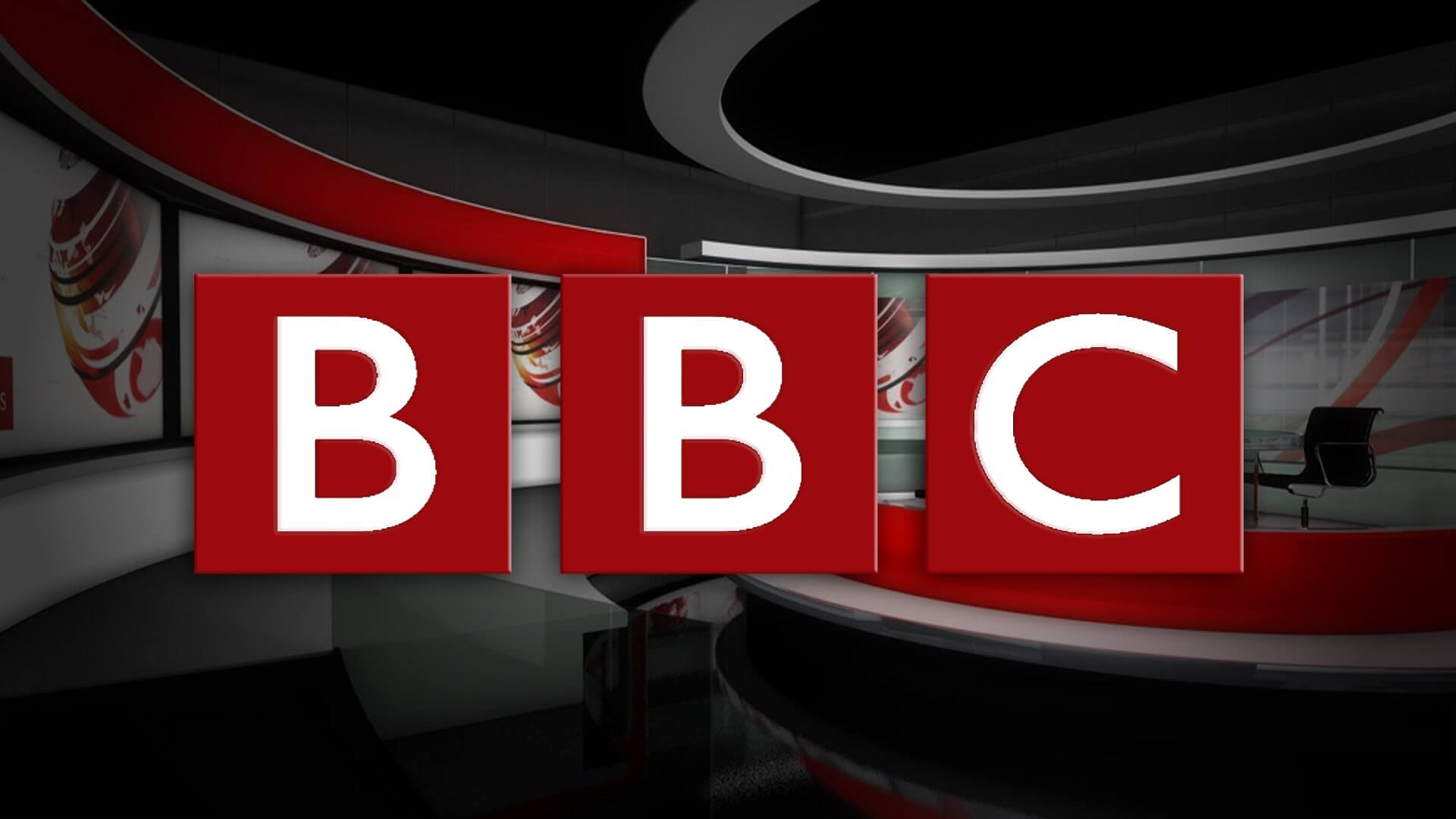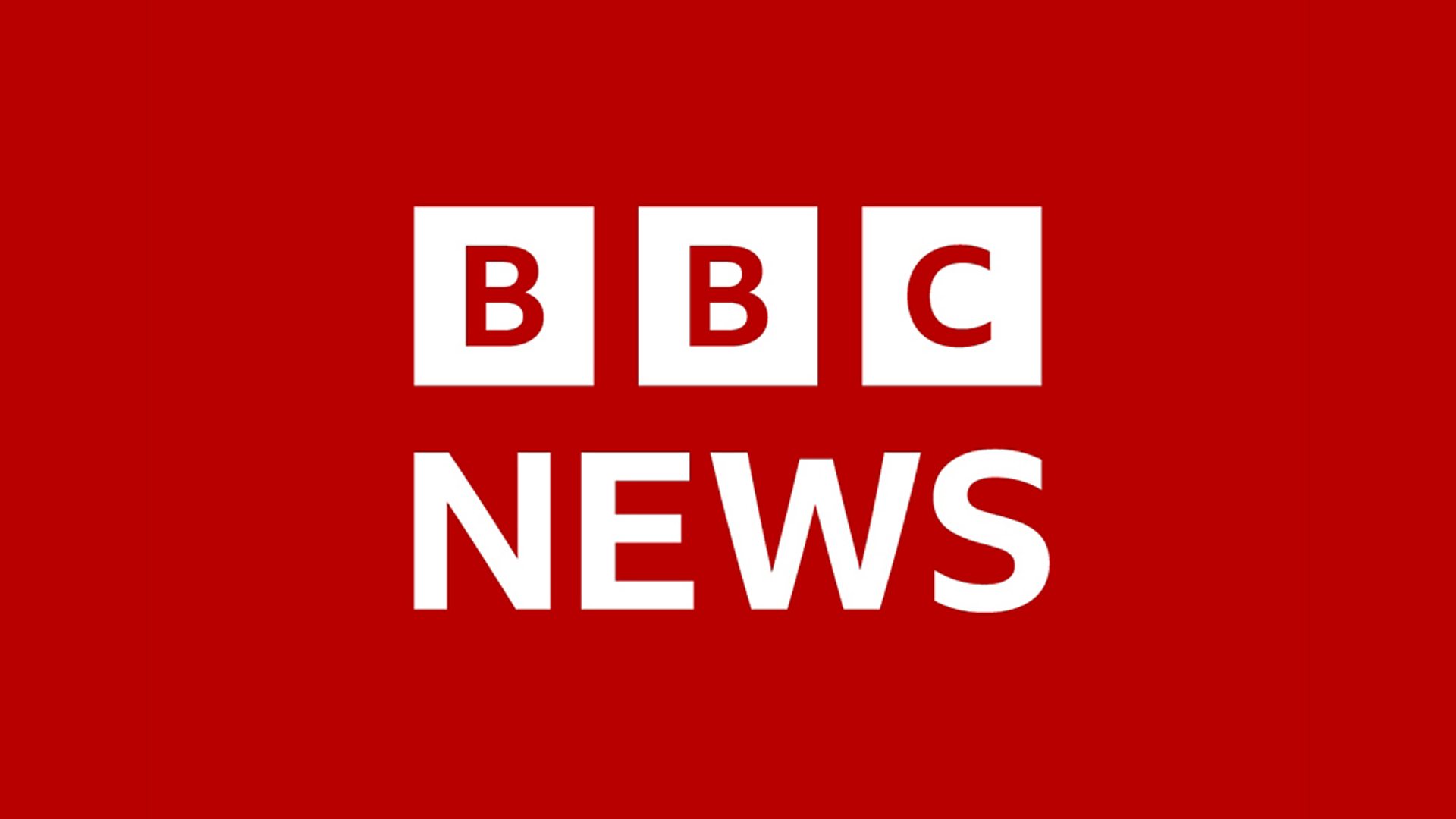Beyond Stereotypes: Deconstructing White Girl Representation On BBC
In an increasingly interconnected world, media plays an unparalleled role in shaping perceptions, influencing societal norms, and reflecting cultural identities. The British Broadcasting Corporation (BBC), as a global public service broadcaster, holds a significant position in this landscape. Its vast array of programming, from news and documentaries to dramas and comedies, reaches millions worldwide, making its portrayal of various demographics a subject of critical importance. Among these, the representation of "white girls" or white women has evolved significantly over the decades, moving from often one-dimensional archetypes to more nuanced and multifaceted characters. This article delves into the complexities of how the BBC has depicted white women, exploring the historical context, the challenges of stereotyping, and the ongoing efforts towards authentic and responsible portrayal.
Understanding the nuances of media representation is crucial for fostering an inclusive society. The way any demographic is presented on screen can profoundly impact self-perception, societal attitudes, and even policy. For "white girls," the narrative has shifted from traditional roles to modern, empowered figures, yet challenges persist in avoiding new forms of pigeonholing. This deep dive aims to provide a comprehensive analysis, emphasizing the importance of E-E-A-T (Expertise, Authoritativeness, Trustworthiness) and YMYL (Your Money or Your Life) principles in media discourse, ensuring that discussions around representation are grounded in factual analysis and a commitment to societal well-being.
Table of Contents
- Understanding the Landscape of Media Representation
- The BBC's Historical Portrayal of White Women
- Challenging Stereotypes: Modern BBC Approaches
- The Impact of Authentic Representation on Audiences
- Diversity and Inclusion Initiatives at the BBC
- Navigating the Complexities: Criticism and Progress
- The Imperative of Responsible Media: E-E-A-T and YMYL Principles
- Conclusion
Understanding the Landscape of Media Representation
Media representation is more than just showing diverse faces on screen; it's about reflecting the true complexity and diversity of human experience. It encompasses how characters are written, the roles they play, the narratives they inhabit, and the power dynamics they navigate. For a public broadcaster like the BBC, this responsibility is amplified. The way it portrays any group, including "white girls," contributes to public understanding, challenges or reinforces stereotypes, and can significantly influence cultural discourse. Historically, media has often relied on simplistic archetypes, leading to limited and sometimes harmful portrayals. The modern media landscape demands a more nuanced approach, recognizing that audiences are increasingly discerning and expect authenticity. This involves moving beyond superficial diversity to genuine inclusion that reflects the multi-faceted realities of life.The BBC's Historical Portrayal of White Women
The BBC, established in 1922, has been a mirror to British society, reflecting its changing values and demographics. In its early decades, the portrayal of white women largely conformed to prevailing societal norms, often depicting them in domestic roles, as wives, mothers, or romantic interests, with limited agency or professional ambition. Think of characters in early radio dramas or television serials where women's narratives were often secondary to male protagonists. As society evolved through the mid-20th century, with women gaining more rights and entering the workforce, BBC programming began to slowly reflect these shifts. However, stereotypes persisted. The "damsel in distress," the "femme fatale," or the "doting housewife" were common tropes that, while offering some character depth, often constrained the full spectrum of female experience. The challenge for the BBC, then and now, has been to balance popular appeal with progressive representation, ensuring that their portrayal of "white girls" moves beyond these restrictive molds.Case Study: Evolution of the "White Girl" Archetype in BBC Dramas
To illustrate this evolution, consider the progression of female characters in iconic BBC dramas. In the mid-20th century, series like *The Forsyte Saga* (1967) featured strong female characters like Irene Heron, but their struggles were often within the confines of patriarchal society, defined by their relationships with men. Fast forward to the late 20th century, and shows like *Pride and Prejudice* (1995) presented Elizabeth Bennet as witty and independent, yet her ultimate narrative arc still revolved around marriage. The early 21st century brought a more pronounced shift. Series like *Spooks* (2002-2011) introduced female characters in high-stakes, powerful roles, often on par with their male counterparts, challenging traditional gender roles. More recently, contemporary BBC dramas such as *Fleabag* (2016-2019) and *Killing Eve* (2018-2022) have presented complex, flawed, and deeply human "white girl" protagonists who defy easy categorization. These characters are not defined solely by their romantic relationships or domestic lives but by their careers, their psychological journeys, and their unconventional choices. This represents a significant leap from earlier archetypes, offering a more authentic and relatable portrayal of modern white women. The journey of representation for the "white girl" on BBC reflects broader societal changes and the broadcaster's evolving commitment to diverse storytelling.Challenging Stereotypes: Modern BBC Approaches
The BBC is increasingly aware of the need to challenge ingrained stereotypes and present a more authentic view of "white girls" and women across its programming. This involves conscious efforts in scriptwriting, casting, and directing to ensure characters are multi-dimensional, reflecting a wide range of experiences, socio-economic backgrounds, professions, and personal journeys. Modern BBC series often feature white female characters in leadership roles, as scientists, artists, entrepreneurs, or complex anti-heroes, breaking away from traditional expectations. They explore themes of mental health, career ambition, diverse family structures, and personal identity beyond romantic entanglements. This proactive approach aims to dismantle harmful stereotypes that can limit societal perceptions and individual aspirations. By showcasing a broader spectrum of experiences, the BBC contributes to a more inclusive and representative media landscape.The Impact of Authentic Representation on Audiences
Authentic representation has profound impacts on audiences, particularly on young "white girls" who are consuming media. When individuals see themselves accurately and positively reflected on screen, it can boost self-esteem, foster a sense of belonging, and inspire aspirations. Conversely, a lack of authentic representation or reliance on stereotypes can lead to feelings of invisibility, misrepresentation, or even negative self-image. For white women, this means moving beyond the "idealized" or "flawed but redeemable" tropes to characters who embody the full spectrum of human experience – including vulnerability, strength, imperfection, and resilience. The BBC's commitment to this authenticity is vital for its audience's well-being and for shaping a more empathetic society.Psychological Effects of Media Portrayal
The psychological effects of media portrayal are well-documented. Research in media psychology indicates that repeated exposure to stereotypical representations can lead to "cultivation theory" effects, where viewers begin to perceive the fictional world as a reflection of reality. For "white girls," this could mean internalizing narrow definitions of beauty, success, or social roles. Conversely, diverse and authentic portrayals can foster empathy, reduce prejudice, and broaden perspectives. When the BBC presents a diverse range of white female characters, it helps to dismantle these rigid mental frameworks, encouraging viewers to think critically about identity and societal roles. This is particularly important for young audiences who are still forming their identities and understanding the world around them. Responsible media, therefore, acts as a powerful tool for positive psychological development and social understanding.Diversity and Inclusion Initiatives at the BBC
Recognizing the critical importance of representation, the BBC has implemented various diversity and inclusion initiatives. These efforts extend beyond gender and ethnicity to encompass socio-economic background, disability, LGBTQ+ identity, and regional representation. For the portrayal of "white girls," this means ensuring that characters are not monolithic but reflect the vast diversity within this demographic. Initiatives include setting targets for on-screen and off-screen diversity, investing in training programs to encourage diverse talent, and commissioning content that specifically addresses underrepresented narratives. The BBC's commitment to these initiatives underscores its role as a public service broadcaster dedicated to reflecting and serving all segments of the UK population and beyond. These efforts are crucial for maintaining relevance and trust with its diverse audience.The Role of Audience Feedback in Shaping Content
Audience feedback plays a pivotal role in shaping content at the BBC. Through surveys, focus groups, social media engagement, and formal complaints processes, the BBC actively listens to its viewers and listeners. This feedback loop is essential for identifying areas where representation can be improved, challenging unconscious biases, and ensuring that content resonates with diverse audiences. For the portrayal of "white girls," audience insights can highlight whether characters are perceived as authentic, whether stereotypes are being inadvertently reinforced, or if certain experiences are being overlooked. This collaborative approach helps the BBC to continuously refine its storytelling and ensures that its programming remains relevant, inclusive, and reflective of contemporary society.Navigating the Complexities: Criticism and Progress
Despite significant progress, the BBC's journey in media representation is not without its complexities and criticisms. Debates often arise regarding the balance of representation, the authenticity of specific portrayals, and whether diversity initiatives are truly effective or merely performative. For "white girls," discussions might revolve around avoiding new forms of tokenism, ensuring depth beyond superficial traits, or addressing the intersectionality of identities (e.g., white women from working-class backgrounds, or those with disabilities). The BBC, like any large institution, faces the challenge of adapting to rapidly changing societal expectations while maintaining its core values. Continuous self-assessment, open dialogue, and a willingness to learn from past mistakes are crucial for ongoing progress in this sensitive area.Future Directions for "White Girl" Narratives on BBC
Looking ahead, the future directions for "white girl" narratives on the BBC are likely to involve even greater nuance and depth. This includes exploring more diverse socio-economic backgrounds, regional identities, and intersectional experiences within the white female demographic. There will be an increased focus on narratives that challenge traditional power structures, highlight resilience in the face of adversity, and celebrate diverse forms of success and happiness. The BBC is expected to continue pushing boundaries, moving beyond conventional tropes to present stories that are truly reflective of the myriad lives lived by white women in the UK and globally. This commitment to evolving storytelling will ensure that the BBC remains at the forefront of responsible and impactful media representation.The Imperative of Responsible Media: E-E-A-T and YMYL Principles
In the context of media representation, the principles of E-E-A-T (Expertise, Authoritativeness, Trustworthiness) and YMYL (Your Money or Your Life) are paramount. E-E-A-T emphasizes that content should be created by experts, be authoritative in its domain, and be demonstrably trustworthy. For a public broadcaster like the BBC, this means ensuring that narratives about "white girls" or any demographic are informed by research, reflect genuine lived experiences, and are presented responsibly. This commitment to accuracy and ethical storytelling builds audience trust and reinforces the BBC's credibility. YMYL content refers to topics that can significantly impact a person's health, financial stability, safety, or well-being. While media representation might not seem directly "YMYL" in the traditional sense, its long-term psychological and social impacts certainly fall under this umbrella. Misrepresentation, stereotyping, or the promotion of harmful ideals can negatively affect mental health, body image, and social cohesion. Therefore, the BBC's responsible portrayal of "white girls" and other groups is a matter of public health and societal well-being. By adhering to these principles, the BBC not only fulfills its public service mandate but also contributes positively to the lives of its audience, ensuring that its content is not just entertaining but also enriching and responsible.Conclusion
The representation of "white girls" on the BBC has undergone a remarkable transformation, evolving from often simplistic archetypes to complex, multi-dimensional characters that reflect the rich tapestry of modern life. This journey underscores the BBC's evolving understanding of its role as a public service broadcaster committed to diversity and authentic storytelling. While progress has been significant, the ongoing dialogue around media representation remains crucial, ensuring that all voices are heard and all experiences are reflected with accuracy and respect. The BBC's continued efforts in challenging stereotypes, fostering inclusion, and responding to audience feedback are vital for its relevance and impact in the 21st century. As media consumers, our critical engagement with content is more important than ever. We encourage you to reflect on the representations you encounter and to support media that champions authenticity and diversity. What are your thoughts on how "white girl" characters are portrayed in contemporary media? Share your perspectives in the comments below, and explore other articles on our site that delve into the fascinating world of media and its societal impact.
How to watch BBC News live online outside UK

BBC News - BBC News Live

BBC News announces savings and digital reinvestment plans